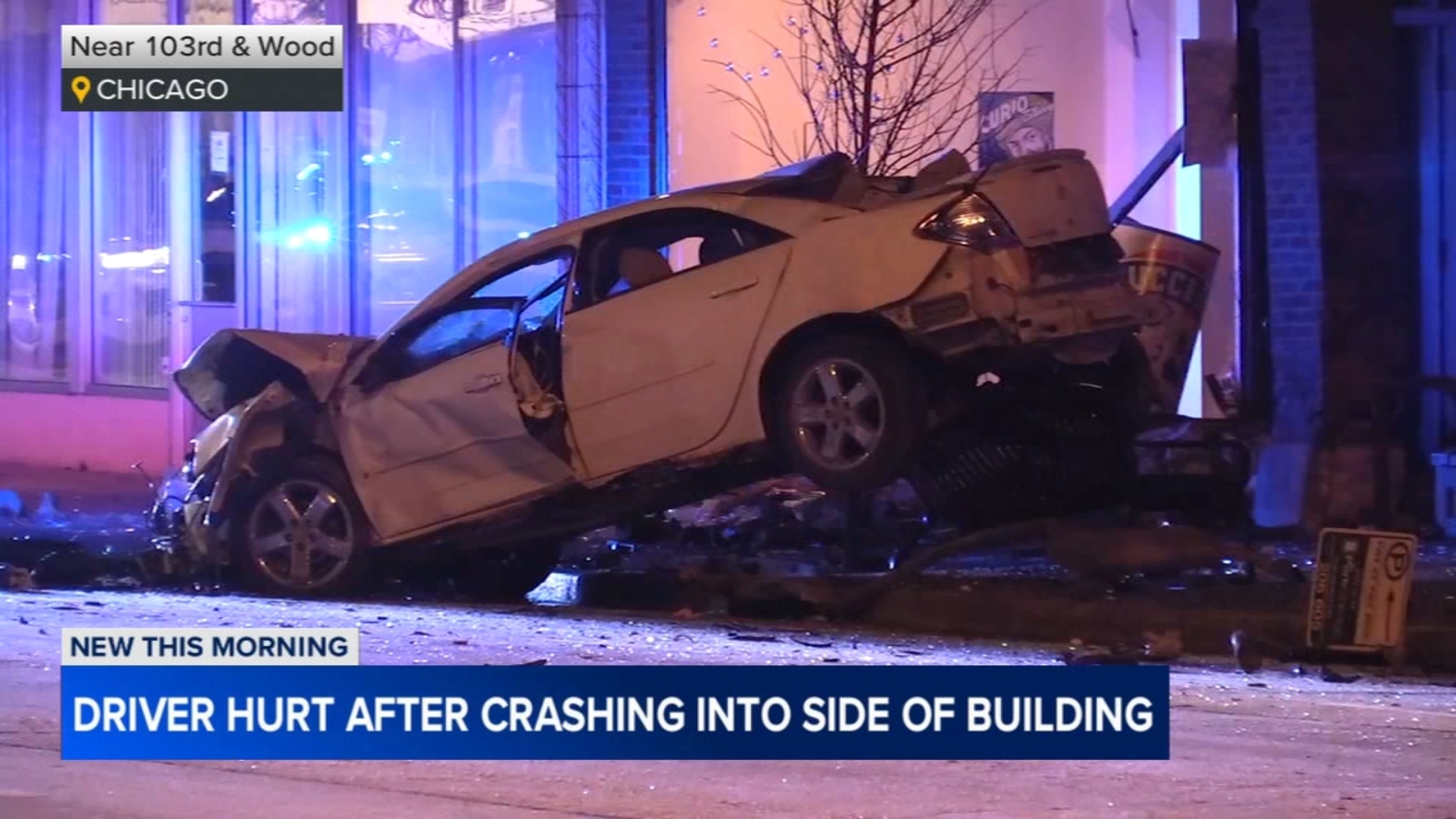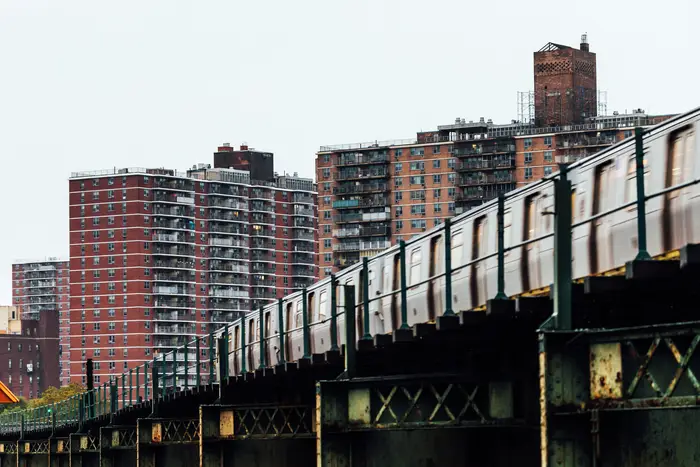UPDATE: Boulder City Council candidates are urgently calling for a complete overhaul of the city’s 17-page signage regulations as they gear up for the Tuesday, November 7, 2023 election. The complex land-use code, known as Title 9, has been criticized for stifling business development and creativity in the vibrant Colorado city.
For years, Boulder’s Title 9 has created confusion among business owners, with its vague language leading to a burdensome regulatory environment. Lauren Folkerts, a candidate and incumbent council member, described the code as a “conglomeration of rules” that complicates even the simplest business needs. “We are a community that prides itself on creativity, but our building regulations make it hard to express that,” Folkerts stated.
The pressure is mounting as candidates like Rob Smoke and Nicole Speer join the chorus demanding reforms. They argue that the convoluted regulations contribute to rising commercial vacancies and a housing crisis. “This code is so complicated that developers are discouraged from pushing new projects forward,” added Max Lord, also a candidate.
Many candidates agree that reworking Title 9 is crucial for fostering development in Boulder. The code regulates everything from signage to the step-by-step process necessary for obtaining building permits. For instance, transforming a commercial space into a different type of business often requires multiple reviews that can extend the approval process to six months or more. “The layers of reviews make it slow, expensive, and unpredictable,” stated Jenny Robins, another candidate.
The urgency of revising these regulations is underscored by public sentiment. Just this year, the city faced backlash when Voodoo Doughnuts opened a location that violated existing color regulations, highlighting the need for modernization. “We should make these rules more user-friendly for residents and business owners,” Robins emphasized.
The candidates have proposed various approaches to reforming Title 9. Rob Kaplan advocates for improved customer service from city staff, while Aaron Stone suggests consulting with developers to streamline the process. Others, like Folkerts and Lord, envision a comprehensive rewrite of the code.
With the election just days away, the fate of Boulder’s land-use regulations hangs in the balance. Candidates are not only vying for votes but also promising a future where businesses can thrive without being bogged down by outdated rules. “Changing Title 9 is not just about making it easier for developers; it’s about creating a livable, vibrant community,” Folkerts concluded.
The potential overhaul of the signage rules and Title 9 could take years, but the urgency for change is clear. As Boulder prepares for its election, the candidates’ commitment to addressing these critical issues may reshape the city’s landscape for generations to come.







